Has animation gone stale? Perhaps not quite, but it certainly has become a tad boring. Between large, big-budget features, there’s a decent number of independent features, but none are rattling any cages, and animation has historically been much better at doing just that.
Ironically enough, it’s the advent of the internet that has made animation so much more docile. With everyone producing content of every quality, we’re exposed to just about every type and quality of animation on a daily basis. From the G-rated to the most crudest and lewdest, there are options for everyone.
So why doesn’t animation shock any more? Is the rise in adult-oriented animation to blame? Or are we just so jaded by this point that nothing really surprises us? Better yet, perhaps we’re so overloaded by content that what’s truly shocking often eludes us.

Animated films, for the most part, are designed to awe and entertain. None of the current crop challenges the audience to either question the status quo, or even to question their existing beliefs and opinions. Independent films fare slightly better, but their message is often caught in the film’s shortcomings (budget, quality, etc.)
Television animation has conversely had a decent run of shocking the public. From The Simpsons, to Ren & Stimpy, to Beavis & Butthead; TV animation did a fantastic job of causing outrage amongst the general population. If it wasn’t destroying the moral fabric of society (like The Simpsons), it was corrupting the nascent optimism of the young (Beavis & Butthead). To put it mildly, if you’re animated show wasn’t stirring up trouble in the early 1990s, you were doing something wrong.
Fast forward to today though, and no piece of animation feature-length or otherwise, is causing a ruckus. The industry has become complacent and mirrors the broader shift in the entertainment industry of shying away from ‘art’ in favour of ‘commerce.’ Music has already lost the raw social edge that it used to comment on the wrongs inherent in society, and Hollywood films of the 1960s and 70s were never as close to being arthouse again.
It was during the 1970s that Ralph Bakshi burst onto the scene and shocked many with his X-rated feature Fritz the Cat. Bear in mind, that it wasn’t so much the content of the film that shocked, but rather that it’s animated form was a wake-up call that animation was capable of more than Disney’s films and Saturday morning cartoons.
Since the mid-90s, things have been a bit quiet in animation-land. Nothing and nobody has popped up out of nowhere and forced us to re-examine our attitudes and opinions to animation as an art form. Pixar forced us to examine it from a technological standpoint with Toy Story, but the studio’s films haven’t radically altered the art itself except to highlight how phenomenally profitable it can be.
In this time of rare social upheaval we are seeing with Brexit and the US presidential election, it seems that time is ripe for someone to come along and similarly upend the status quo of the animation world. Someone who can shock us out of our comfort zone and force us to re-examine how we feel about the artform, and ultimately, light the way for the next big leap.
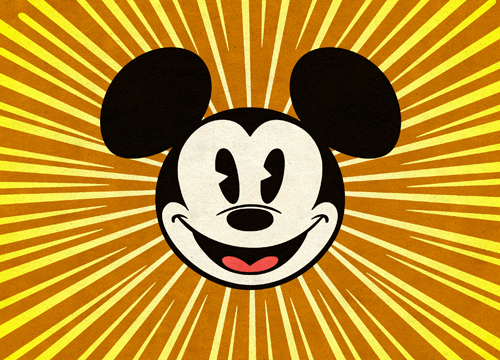

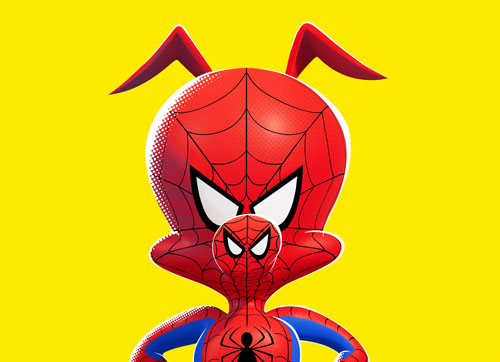

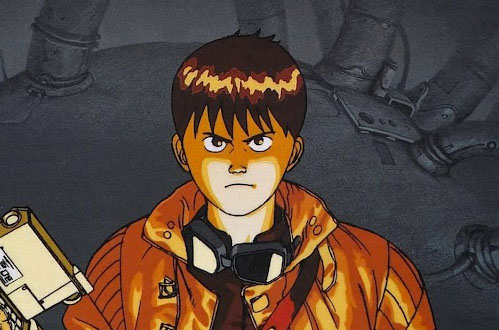

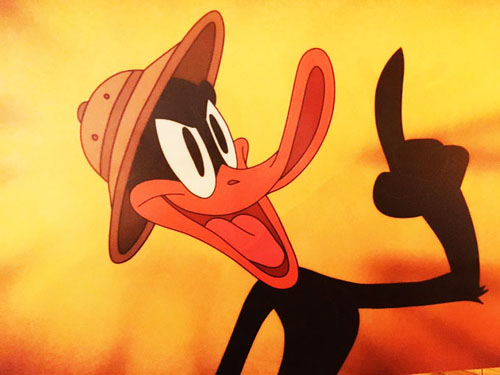












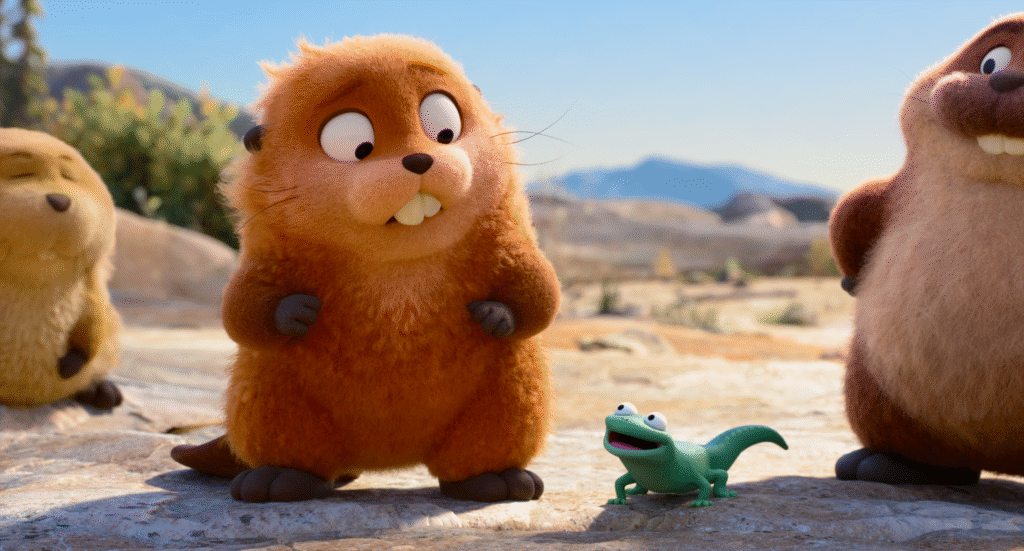

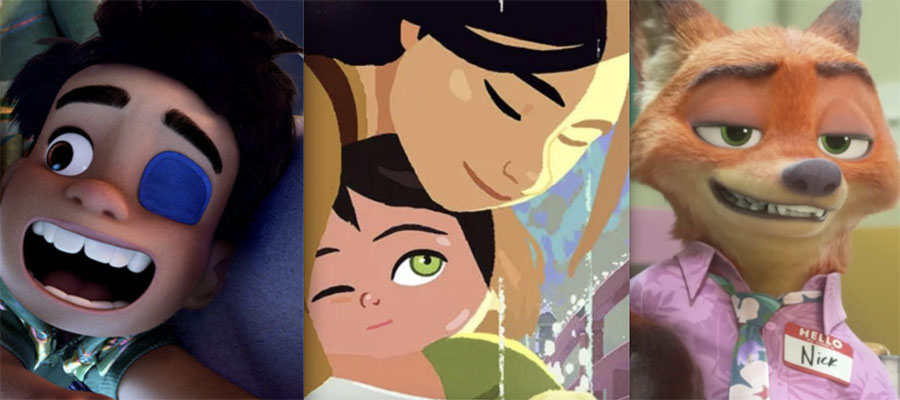

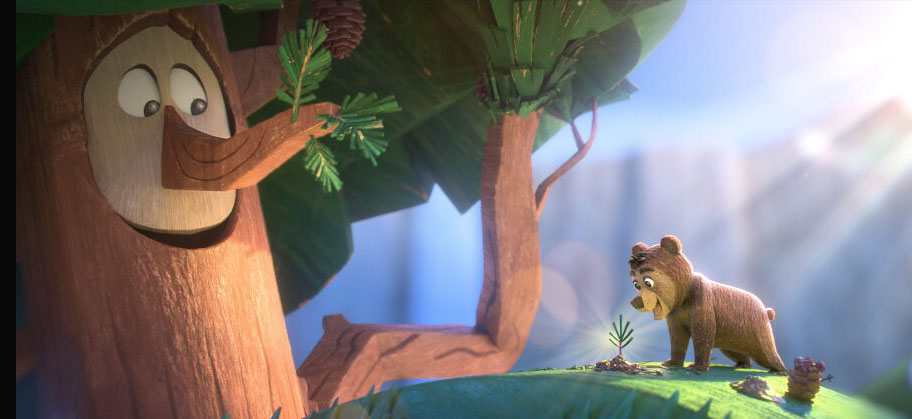

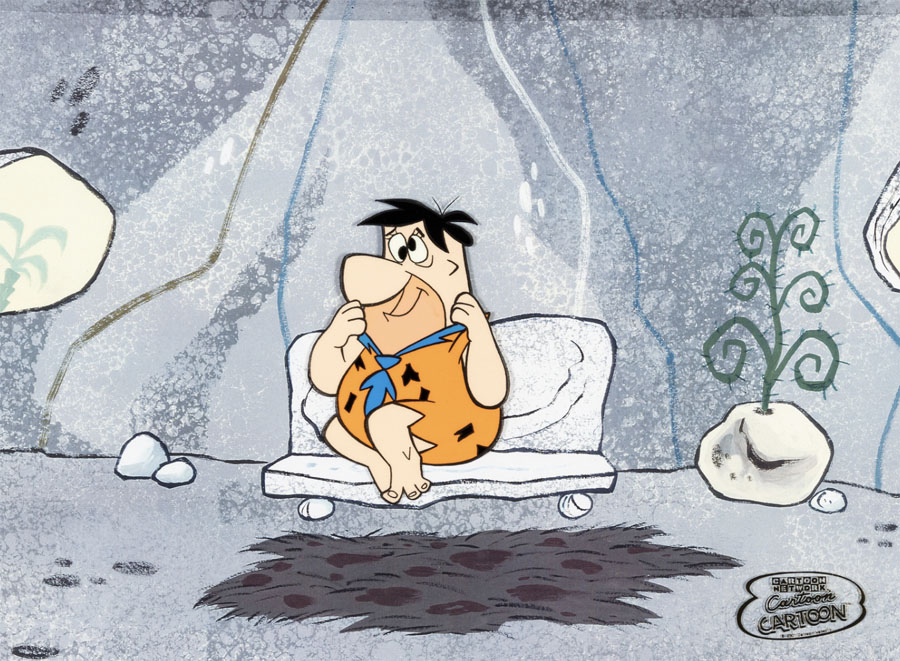

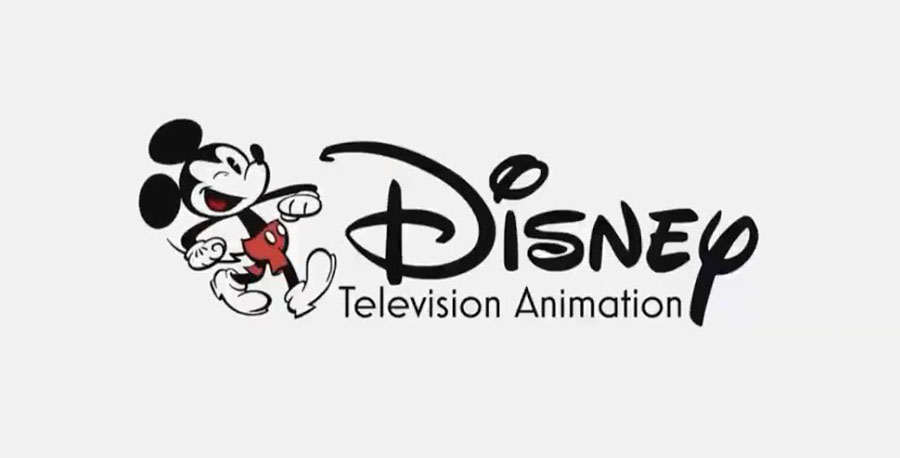
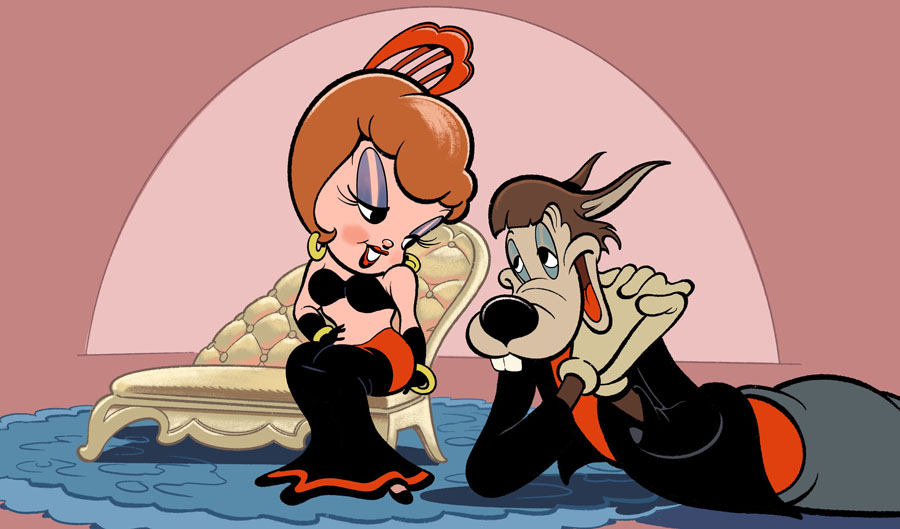

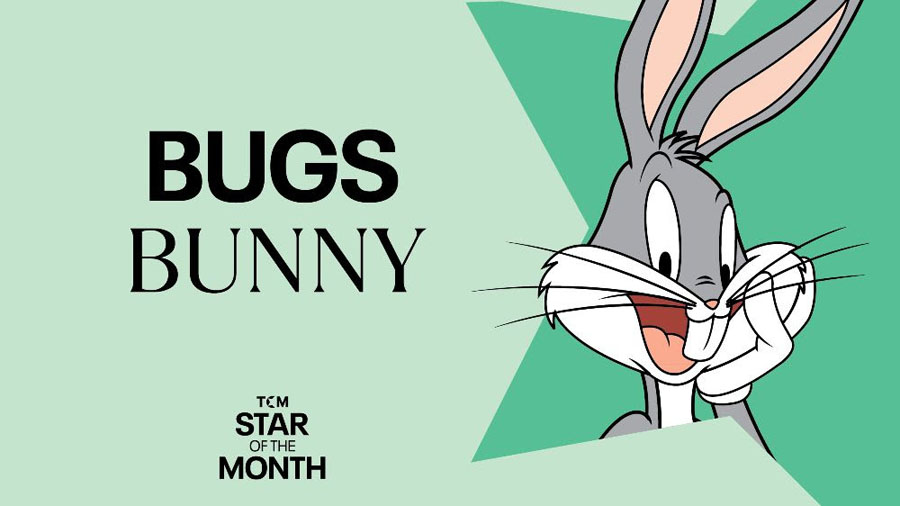
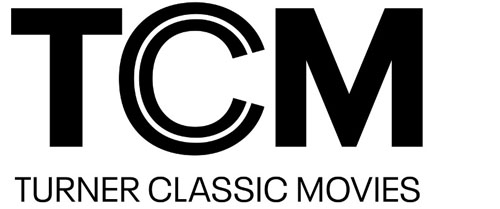
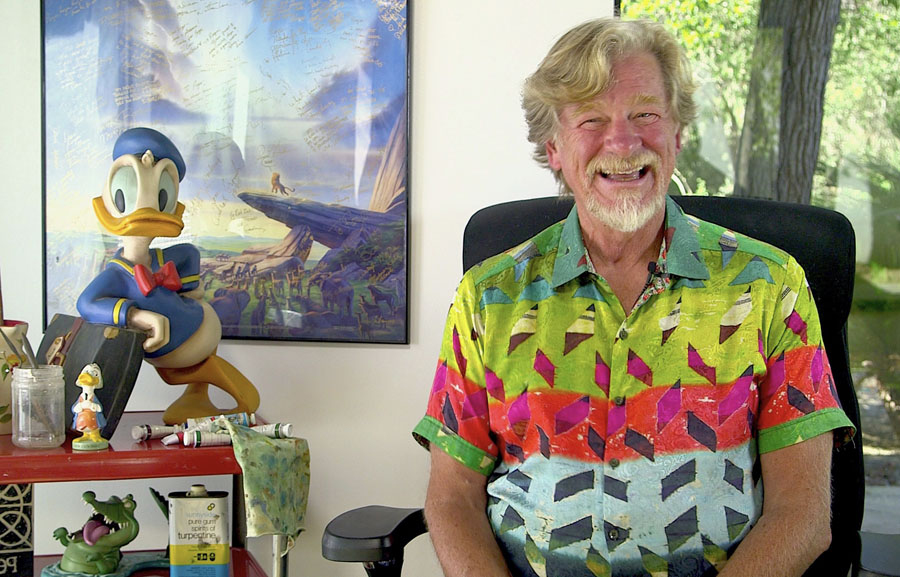


0 Responses
Sausage Party is coming, so let’s see how that goes. The closest we got to causing a ruckus is South Park: Bigger, Longer, and Uncut.
I’m quite curious to see what effect Sausage Party has, if any. I mean, if it’s banking on simply being risqué animation, I can’t see it being any more than a flash in the pan.
I think it’ll be like going to see an episode of Family guy in the cinema. Nothing actually shocking. Sex and violence has been done already.
Unfortunately the beautiful independent/foreign films only do so well, so most of the public miss out on the more powerful films
Yeah. I mean, with “Coonskin”, blacks sought to prevent people from seeing it; they even attacked a theater with SMOKE BOMBS. It was very much the “Interview” of its time! We need wall-busters.
Ralph Bakshi was not just an animator, he was a voice in the medium of animation. He had his beliefs, his direction, and unwillingness to repeat what others were doing. He did things that no one else would, and that has set him apart from other animation visionaries in the game of animation.
Having said all that, I think it’s very hard to find that exact same voice in the generation we are now. Animation artists (and artists in general) tend to reproduce their heroes’ works and styles into their own fan and original works. As you mentioned, today’s animation is not fully about social and climate change, or to rethink of pushing the comfortability of what’s happening in today’s society. There are some issues that certain shows will bring up (Seth MacFarlane, Rebecca Sugar), but they don’t hit a nerve to the point where there has to be demonstrations and outrage or fights based on the subject. Either you embrace it, or you just go watch something else.
It also could be the fact that, with society being very ‘paper thin’ on emotion, that one thing can lead to a further damaging action by social media protesters, and many may not want to risk that.
I know there are adult animated films being made, and being released, but they don’t have that strong consistent voice that makes it concrete for discussion and debate amongst other artists and audiences. Either there’s a one hit wonder, or an attempt, but after that, the fire dies out.
What I do hope is that more animation students, artists, and upcoming pupils who want to study the medium, start to look to more historic animation, not just the current animation of today. Even I can’t say that there are many animated shows that grab me like Animaniacs, Batman: the Animated Series, Powerpuff Girls, the real (and original) Looney Tunes, so on, and so on.
“Animation artists (and artists in general) tend to reproduce their
heroes’ works and styles into their own fan and original works.”
I believe that is one of Hayao Miayazaki’s biggest gripes about young artists.
The Koreans are already there. Jo Bum Jin’s “Aachi and Ssipok” is easily the greatest “underground” animated feature of all time. Beautifully animated and told like a master, it’s a scabrous and violent tour de force with 7 action set pieces that put most action movie’s to shame and some sly gangster and SF movie send-ups. At his very best, Ralph never achieved this level of animation and storytelling. https://www.youtube.com/watch?v=OO_4eaZKdjg